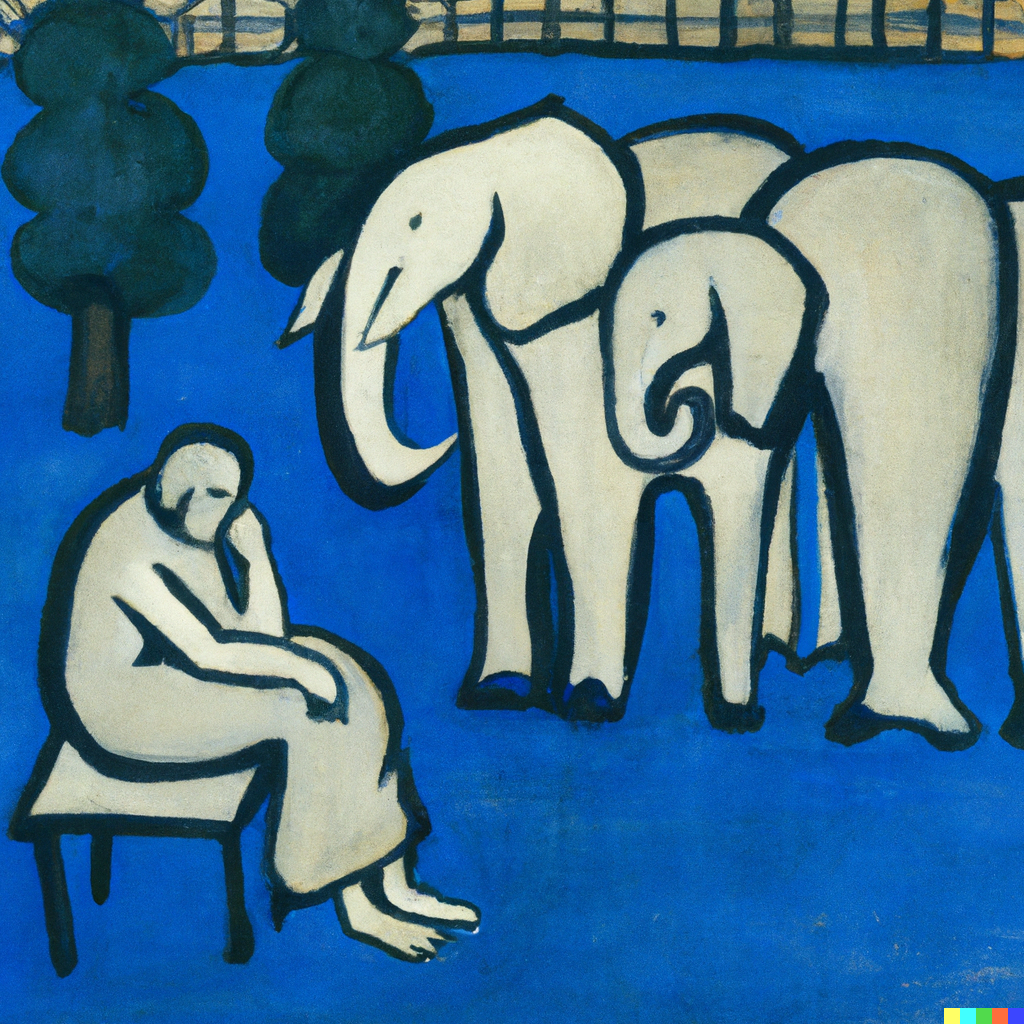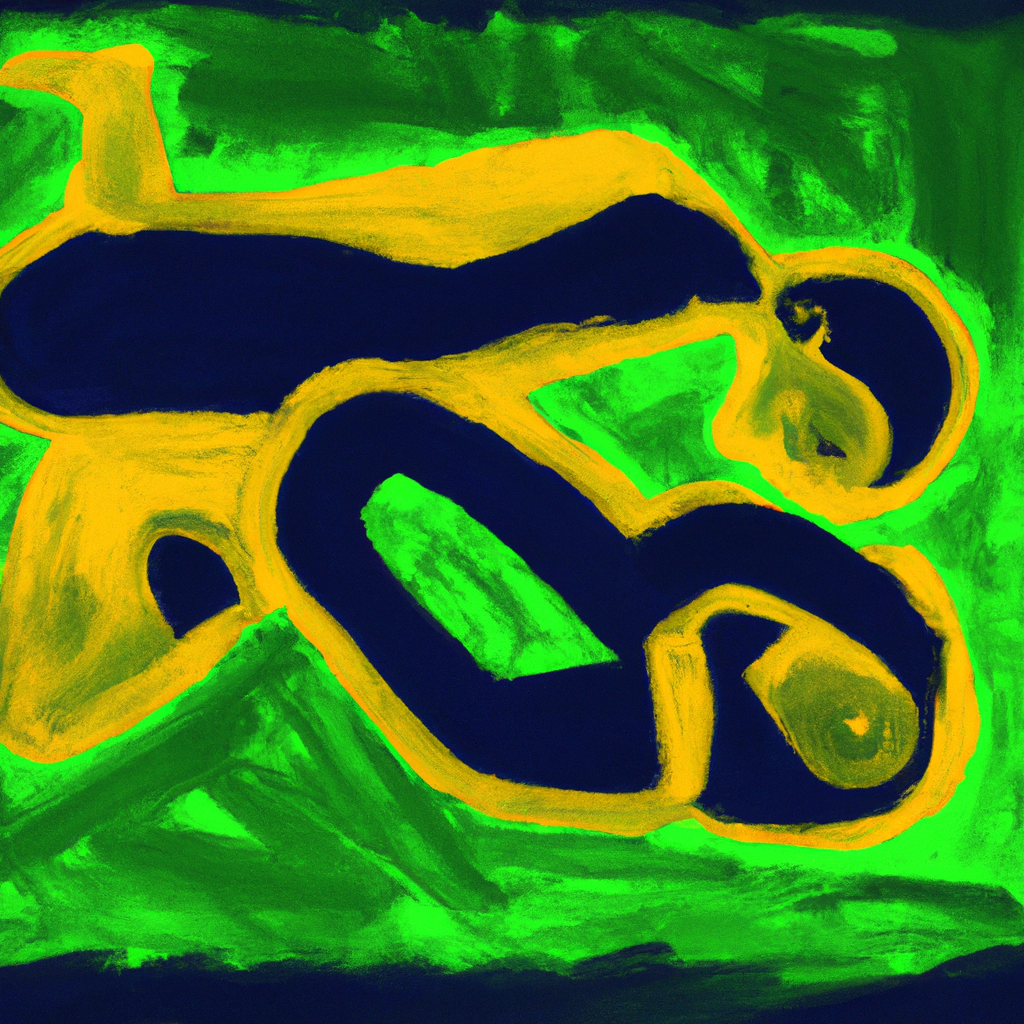
1. What are some warning signs to look out for in myself or others?
Common warning signs include: persistent feelings of hopelessness or worthlessness, talking or writing about wanting to die, sudden withdrawal from friends and activities, dramatic mood changes, intense anger, sudden calm after a period of depression (which can reflect a decision to act), increased use of alcohol or drugs, giving away prized possessions, putting affairs in order, changes in sleep or appetite, and saying things like “I can’t go on” or “you’d be better off without me.” If you notice these in yourself or others, take them seriously and reach out for support. Trust your instincts - if you think someone might be at risk, ask them directly and compassionately, and get help. Asking about suicide does not 'put the idea' into someone’s head; it opens a door to talking.
2. What should I do if I feel like I want to harm myself or end my life?
Take immediate steps to keep yourself safe: remove access to means (medication, sharp objects, firearms), get to a safe place, and contact someone you trust. Use a crisis line or emergency services if you feel you might act on these thoughts. If you can, tell a friend or family member that you need support right now. If you are in immediate danger, call your local emergency number. In Kenya, these are 1199, 1190, 112 and 999.
3. How can I tell the difference between self-harm and suicidal behavior? Is there a difference?
There is a difference for many people: self-harm (non-suicidal self-injury) is often used to cope with overwhelming emotions and isn’t always intended to end life. Suicidal behavior involves thoughts and actions aimed at ending one’s life. However, self-harm raises suicide risk and should always be taken seriously. A clinician will assess intent, frequency, and lethality when differentiating the two.
4. How can I safely support a friend who says they want to end their life without making things worse?
Use these steps:
- Ask directly and calmly (e.g., “Are you thinking about killing yourself?”).
- Listen without judgment and let them talk and validate their feelings.
- Stay with them or arrange for someone to be with them if they are in immediate danger.
- Help remove means of harm if possible.
- Encourage and support them to connect with professional help or a crisis line.
- Follow up and stay connected to the individual.
5. How can I practically prevent a suicide crisis if it's happening at the moment?
Try these 4 steps to reduce immediate risk:
- Move to a safer environment and remove or secure means of harm.
- Do grounding techniques with the person: slow breathing, 5-4-3-2-1 sensory grounding (name 5 things you see, 4 you can touch...), or guided breathing.
- Use a brief safety plan (identify warning signs, coping strategies, people to call, professional contacts, and steps to make the environment safe).
- Call a crisis line or emergency services.
6. How can I get help if I can’t afford professional counseling or therapy in Kenya?
Options in Kenya include contacting free or low-cost hotlines and NGOs (see list below), university counselling centers (if you are a student), religious or community leaders trained in basic support, public hospitals with mental health units, and peer-support groups. Some organizations offer sliding-scale fees or pro-bono counselling. If funds are a barrier, start with a crisis helpline; they are free, confidential, and can help you access next steps.
7. What hotlines or organizations can I call for suicide crises support?
Here are some key resources in Kenya:
- Befrienders Kenya: +254 722 178 177 (emotional support and listening services)
- Kenya Red Cross Society (toll-free): 1199 (mental health & psychosocial support; also provides ChatCare chatbot)
- LVCT Health: 1190 (Safaricom short code; offers health services including mental health info)
- Kenya Emergency Services: 999 or 112 (police line)
For international or other resources: Crisis Text Line and other online directories can help if local numbers are unreachable. If someone is in immediate danger, contact emergency services right away.




















